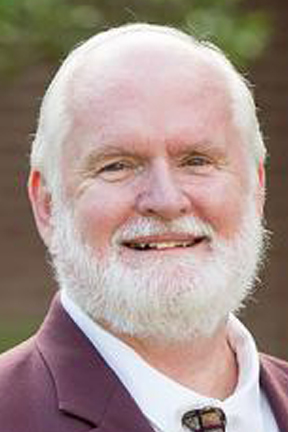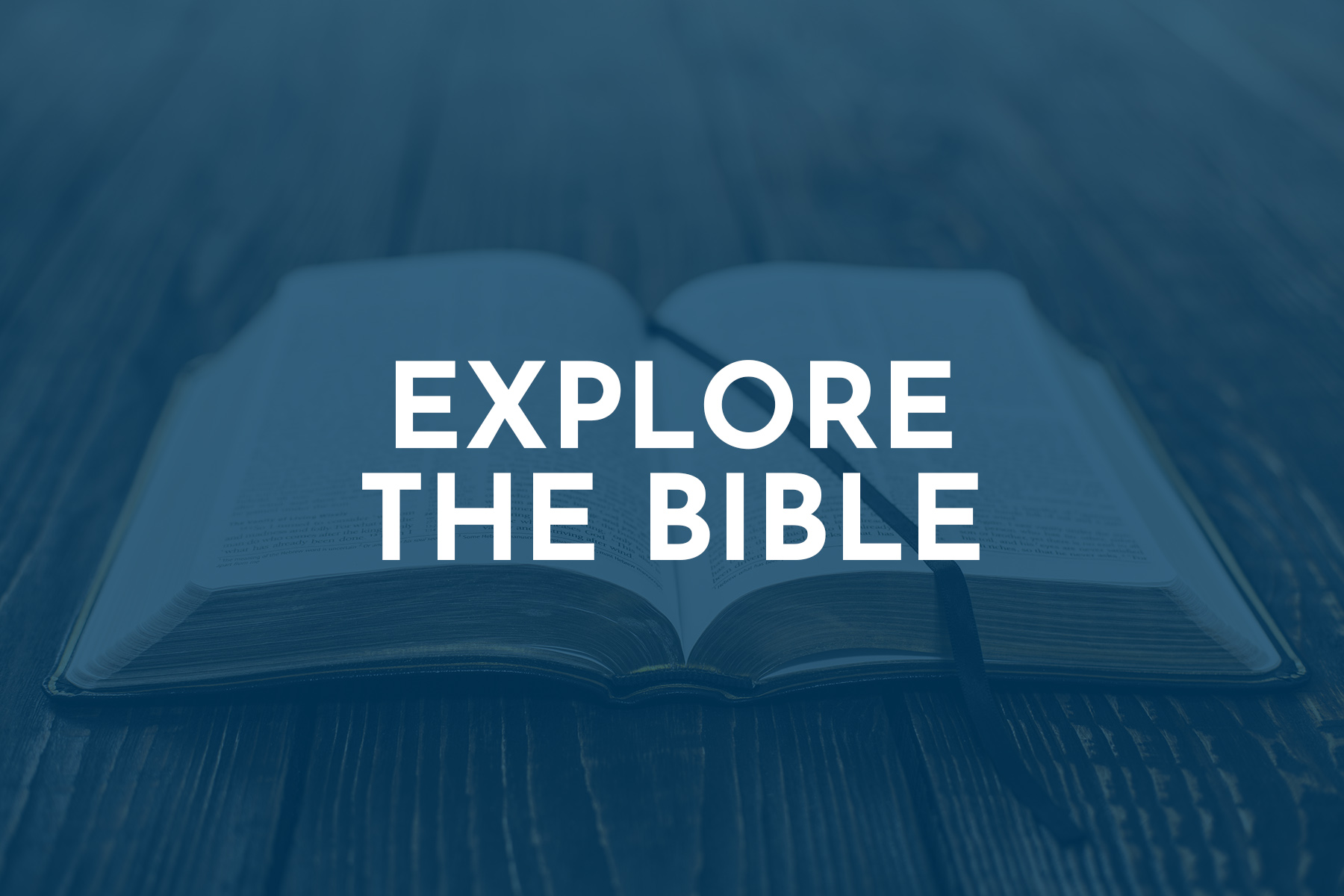Seen and Heard • Exodus 2:23-25; 3:7-15
By Wayne VanHorn

Today, we begin a series of lessons from Exodus and Leviticus dealing with God’s formation of the descendants of Abraham as His special people. God had foretold to Abraham that his descendants would serve in Egypt for four centuries, but then He would deliver them and give them the Promised land. In Egypt, God’s people experienced great suffering, being enslaved by the Pharaoh. The people groaned under their affliction and cried out to God.
Heard (Ex. 2:23-25)
The people’s cries were not in vain. When Pharaoh died, the people still suffered under the new Pharaoh. They sighed or groaned because of their bondage. Their cry for help went up to God. We read in Ex. 2:24 God heard their groaning. It is a comfort to know that when we suffer and cry out to God, He hears us.
The cry of the Hebrew slaves brought God’s covenant with Abraham, Isaac, and Jacob to the fore. The Lord had promised to deliver His people and to lead them into the land He promised Abraham (Gen. 15:13-16). After 400 years, the people’s suffering coincided with God’s time to act on their behalf. The deliverance from Egypt coincided with the filling up of the iniquity of the Amorites (Gen. 15:16).
God had heard the cries of His people. Their deliverance from Egypt and subsequent entry into the Promised land would serve as judgment on both the Egyptians and the Amorites. God also saw the sons of Israel and He knew their plight (Ex. 2:25). What befell the Israelites in Egypt was not news to God. There is purpose in all that God does for His people.
Called (Ex. 3:7-10)
God called Moses to confront Pharaoh. He used a burning bush. Moses turned aside to see this bush “burning up but not burning down.” More importantly is the clustering of verbs that underscored God’s awareness of His people’s predicament. He had “surely seen the affliction” of His people. He had “given heed to their cry,” and He was “aware of their sufferings.” The Lord declared, “I have come down to deliver them” from Egypt and “to bring them up to a good and spacious land, a land flowing with milk and honey.” The cries of the sons of Israel had “come to” God and He had “seen the oppression” they were experiencing.
This intense awareness called for action and Moses was the man God called to lead the way. One senses God’s urgency in the command, “come now.” Moses was to go to Pharaoh and bring God’s people out of Egypt.
Assigned (Ex. 3:11-12)
Moses’ reluctance to go, driven by a sense of inadequacy for the task (Ex. 3:11), was met with an assurance that the Lord would be with him (Ex. 3:12). God promised Moses and the people would worship Him on the same mountain where Moses saw the burning bush. This promise was to serve as a sign to Moses that God had sent him to Egypt.
When God delivered the people, they would worship Him. The Hebrew term carries the idea of serving. True worship is characterized by service to the Lord as in Ps. 100:2, where the Hebrew term is rendered “serve.”
Revealed (Ex. 3:13-15)
Moses’ feelings of inadequacy for the task resurfaced in the form of an anticipation of skepticism on the part of the Hebrew slaves. They will ask what is the name of the God of their fathers”? God’s answer to Moses stands to this day as one of the most significant passages in all of Scripture.
God said, “I am who I am.” Tell them “I am has sent me to you” (Ex. 3:14). In Hebrew as in English, “I am” renders to verb “to be.” In Hebrew however, there are no tenses. Thus, the verb can be rendered in the past tense, the present tense, or the future tense. To alleviate Moses’ feelings of inadequacy, God could be telling him “I will be (in Egypt), who I am (here at Sinai).” Or God could have been reinforcing the fact that He was the covenant God of enslaved Israel just as He had been to Abraham, Isaac, and Jacob. Thus, “I am who I’ve always been.”
Whether we think of the past, present, or future, our God is always the same. He is faithful. As Ex. 3:15 clearly reminds us, “I am who I am” is God’s memorial name to all generations.
VanHorn is a professor of Christian Studies at Mississippi College, Clinton.




